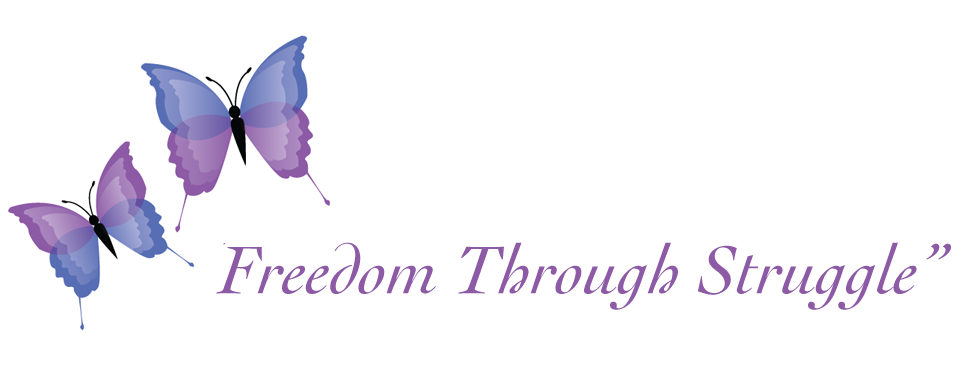Bullying
Bullying is more common than perhaps we realise. It can happen at home, at school, at work, in our intimate relationships. It affects people right across all the socio-economic groups and all age groups. Bullying is abuse – it isn’t always recognised as abuse because it may be disguised as ‘banter or teasing.’ Bullies are very clever at isolating their victims – waiting until no-one else is around before launching an attack. Sometimes it is an obvious attack and sometimes it is subtle. This can lead to victims not being sure of what is happening and ‘not wanting to make a fuss.’ Sometimes they think that they have done something to cause the bullying and therefore it is their fault. Trying to anticipate what the bully might do next is very anxiety provoking. Bullying could be emotional, physical or sexual. Anything which demeans another person and overpowers them so that their wishes are ignored causes great distress to those who are being bullied. Threats are also commonplace when bullying is occurring – the victim is warned to be quiet and not tell anyone because something worse will happen. Bullying humiliates other people leading them to feel vulnerable, rejected and excluded.
Being bullied can also lead to self-harm or substance abuse in an attempt to soothe the pain. People have even been driven to suicide if they feel that no-one is listening and that they are unable to find the help that they need.
Shame is another aspect of being bullied – a sense of ‘what’s wrong with me.’ It is important to say that it is never the fault of the person who is being bullied or abused in any way.
When I work with people who have been bullied I encourage them to be self-compassionate as this helps build healthy self-esteem. It also lays a foundation for learning how to be assertive and establish healthy boundaries.
If you are experiencing the effects of bullying whether this is from the past or in the present and would like to talk to someone who will listen with respect please get in touch with me.

